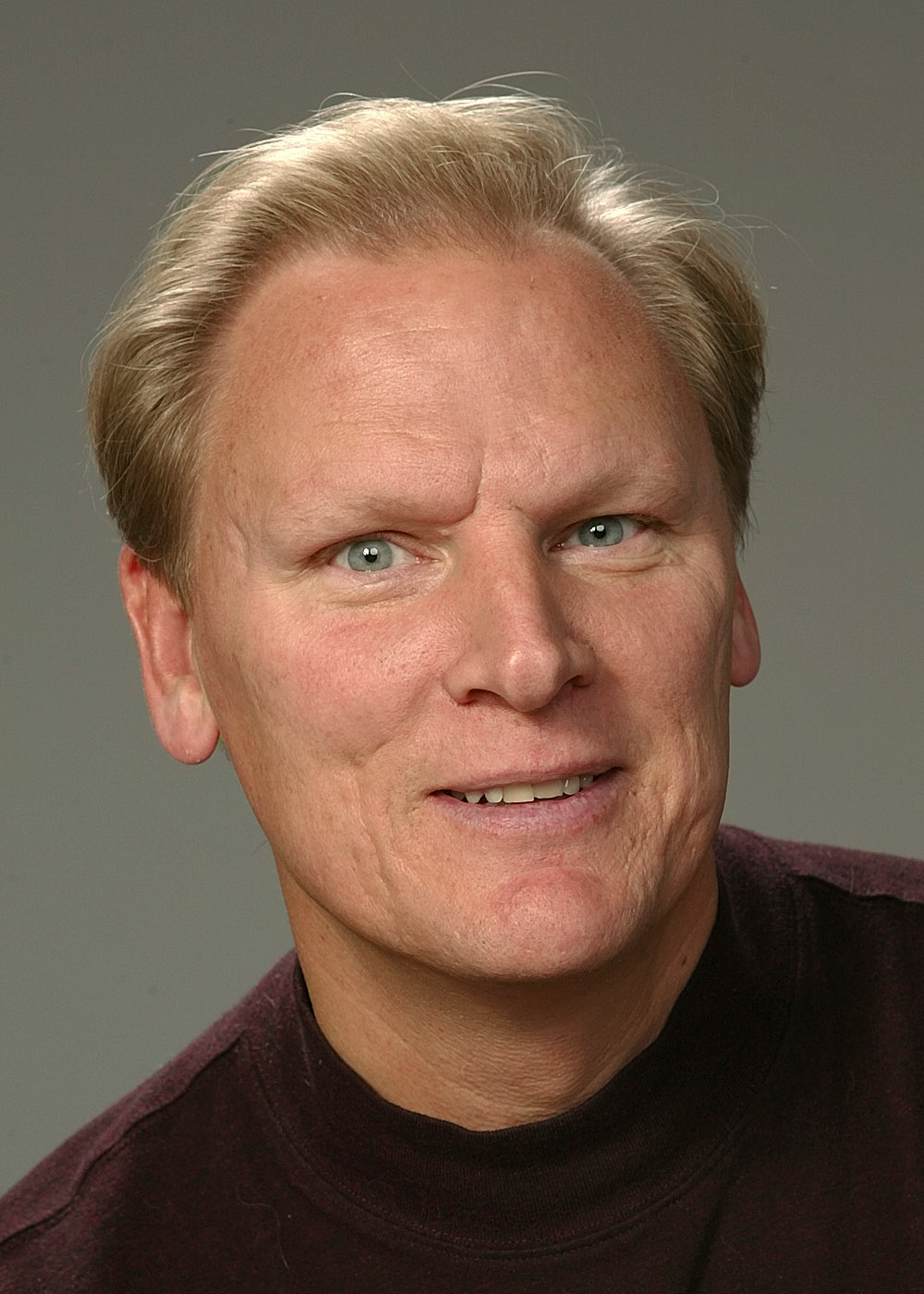The Ivey Essay: Brave Souls
Graydon Royce, theater critic for the Minneapolis Star Tribune, discusses the role of directors: are they really to blame for everything?

Good gossip is always fun, particularly when it concerns you. A friend who acts occasionally in community theater told me the story of some backstage grousing about a review in which I had skewered an actor’s performance.
The argument was that the actor was doing what the director had wanted. Royce should have blamed the director, these thespians said.
My ever-faithful friend stood his ground and said the review had in fact wondered who was to blame for the characterization. He saw it with his own eyes, and he’s apparently a good actor because he convinced the jackals in my favor.
Sadly, my friend had seen my review in electronic form within the newspaper’s computer system, before it had been published. I did have a line in there, pondering blame, but it was sacrificed on the altar of newsprint space. I confessed to my friend, but I told him my justification for trimming that point: the director is always responsible for what gets on stage. Not necessarily to blame, but responsible.
We cling to the notion that theater is the most collaborative of the arts. Just as it is the individual’s fullest expression — using the voice, intellect, body, emotion — theater too involves the context of text, scenery, costume, movement, music — the full regalia of pretense. It requires writers, actors, musicians, lighting and sound and scenic designers, dramaturges and stage managers (apologies if I have left anyone out; assistant directors?) to create those crackling moments in a charged atmosphere. At least, we hope so.
But first among these equals is the director, the brave soul charged with creating a mood, a look, a style, a universe. The script is only drama. What we see on stage is theater. And that theater is the director’s vision.
When I wrote on this subject last winter, e-mails drifted in and most of them were from actors who apparently saw the piece as vindication. Yes, yes, they shouted. Let the world know that it wasn’t my fault, it was the director who made me look like a fool! Another colleague who was once in the theater (what is it about newspapers that attracts frustrated actors?) told a long story about a sad incident at a local playhouse in which he and the director had reached a full breach of confidence over the actor’s characterization. After the director had spoken with each cast member before opening night, he turned to my colleague and said “I just don’t know what to say to you.” That’s a breakdown, friends, and it probably happens more than we care to admit.
The actor, of course, is not a lump of clay (unless the director desires). And some directors suggest that with some lumps, no amount of molding or massaging is going to get a good result. Many directors defend their turf by suggesting that the best performances come when an actor brings something into the room so alive and vital or fully reasoned that it requires a place in the vision. Others argue that 90 percent of the game is casting. If you have the right people on stage and let them do their thing, it’s going to be a good show.
But many directors have a firm hand on the tiller and the actor — a free being, certainly — serves at the behest of the directorial vision. I think of Dominique Serrand’s production of “A Comedy of Errors” a few seasons ago at the Guthrie as an example of an auteur bent on creating a fully distinct world for the play. The spectacle was part of the experience. Michelle Hensley, on the other hand, consistently goes the other way with her Ten Thousand Things company. She strips away spectacle for the sake of story. Her “Ragtime” last spring was a perfect case in point. This huge Broadway musical was reduced to a small cast and a technical manifest that fit in a steamer trunk.
The critic’s frustration in all this is to wonder what happened during rehearsal — so that we can satisfy that group of thespians I mentioned in the beginning of this essay and tell them directly who is to blame. And it would be fun to write based on conversations that take place after a review is published. Because that’s when the guards come down and both directors and actors dish freely.
“You thought the script was disjointed?” asked one actor/writer after I had indeed written that the script was disjointed. “Well, the director chopped it in half, that’s why. It wasn’t the writer’s fault.”
Another actor told me over coffee, “I know it was too broad, He kept pushing me to be bigger.”
This kind of honest kvetching would be a lot of fun, but we’d all soon be at war. So all the critic can do is react to what is on stage, with the bedrock notion that if something is wrong, all roads lead to the director. And this is something directors know, whether or not they admit to it. Maybe they wouldn’t have it any other way. Their responsibility is the source of their art.